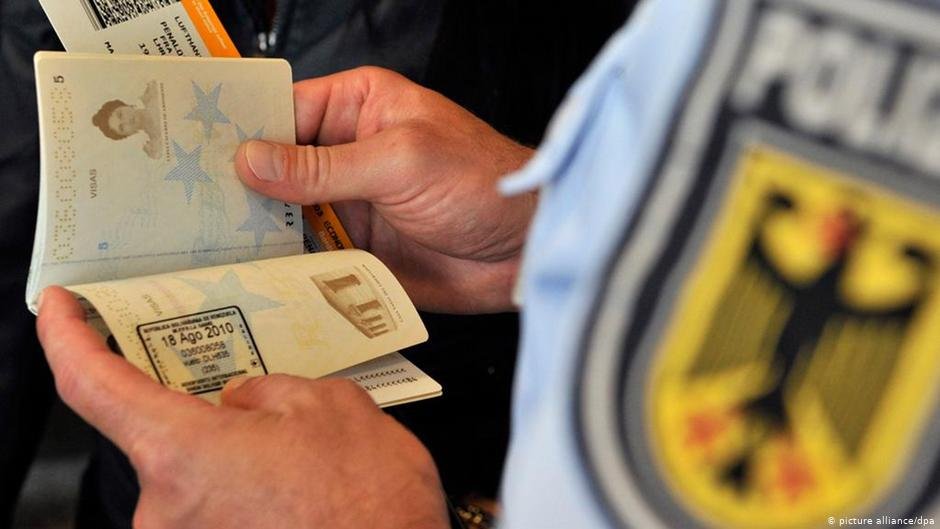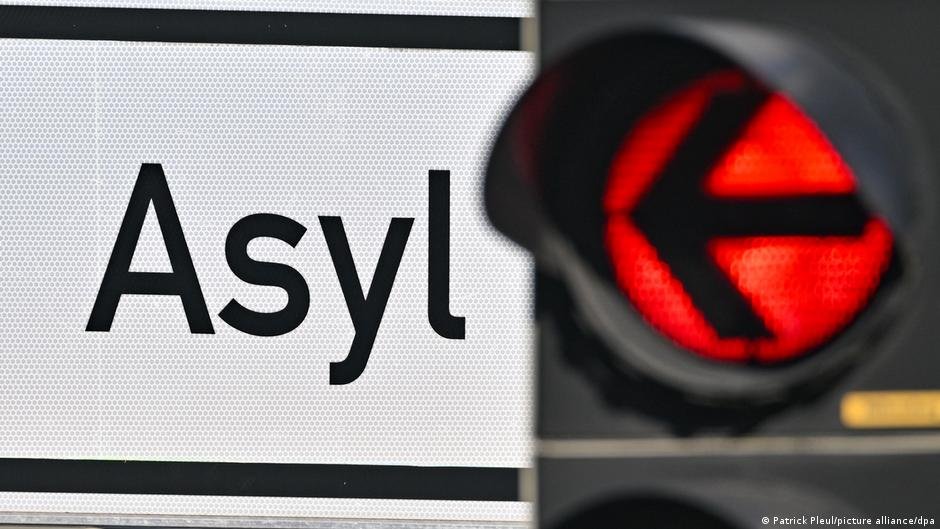An announcement on the German Internal Ministry website said that the border control measures include the possibility of refusing entry at all of Germany’s land borders as allowed by EU and national law.
On September 16, Germany implemented six-month border control measures at the land borders it shares with France, Luxembourg, the Netherlands, Belgium, and Denmark. These measures are in addition to the current temporary checks at Germany's borders with the Czech Republic, Poland, and Switzerland which were introduced on October 16, 2023. Checks at the Austrian border have been in place since 2015.
The border checks will affect nearly 3,700 kilometers (2,300 miles) and include nearly all of the land border that Germany shares with its neighboring countries.
The German government cited the need to manage irregular migration, block alternative routes that may be taken by people smugglers, and the need to protect its internal security in light of recent attacks reportedly related to extremist groups as the reason for the expanded border checks. "Germany's overall burden must be taken into account...after taking in 1.2 million refugees from the war in Ukraine and large numbers of asylum seekers in recent years," stated the interior ministry's press statement released on September 9.

The government order means that inspections to verify travel documents and identification documents will be carried out when people want to cross the border. Authorities have asked travelers and commuters to have official identification documents such as a national ID or passport with them.
While this will affect most people who want or need to cross borders for travel or work, the border checks will affect people seeking international protection assistance.
InfoMigrants breaks down what these new border checks will mean for refugees and asylum seekers.
Also read: Explained: Germany's strategy to bolster border controls amid immigration crackdown
The guidelines include the possibility to refuse entry at all of Germany’s land borders as allowed by EU and national law. Who does this apply to and what does this mean?
In the EU, a third-country national may be refused entry at the external EU borders for not fulfilling entry conditions.
A third-country national is defined as any person who is not an EU citizen or is not a legal resident of the EU.
The entry conditions, outlined in the Schengen Border Code, include:
- Possession of a valid travel document;
- Possession of a valid visa
- Justification for intended stay
- Proof of sufficient financial means
- Not listed as under alert in the Schengen Information System (SIS) to refuse entry
- Not considered a threat to public policy, internal security, public health, or the international relations of EU countries
These conditions apply for stays that do not go beyond 90 days in any 180-day period.
External borders refer to the parts of a Schengen Member State's border that are shared with non-Schengen countries, including land, rivers, seas, and lakes.
What does this mean for me if I am a refugee or asylum seeker?
According to the Interior Ministry, the border checks will be carried out to check entry requirements, with a focus in particular on travel documents.
Nationals of non-EU countries who request international protection will be taken to an initial reception center to have their asylum case reviewed. If applicable, the person may be transferred to another EU member state in accordance with the Dublin Regulation, an EU set of rules that determines which country is responsible for examining an asylum application.
A spokesperson for the German Ministry of Interior confirmed this and told InfoMigrants, "Third-country nationals seeking protection are generally forwarded to the competent initial reception center in Germany for the purpose of examining asylum law issues, including any transfers to other EU member states in accordance with the Dublin III Regulation."
Asylum applications are typically processed in the country where the asylum seeker first entered Europe. The rationale for this is to ensure that an individual does not make multiple applications for asylum in several member states.
Also read: The Dublin Regulation – your questions answered
How many people have been refused entry at the German border in relation to the 2023 border checks? Why were they denied?
The Interior Ministry has reportedly detected about 52,000 irregular entries and refused entry to about 30,000 people at Germany’s borders with Poland, Austria, Czech Republic, and Austria since temporary border checks were put in place in 2023.

The authorities cited common reasons for being denied entry as not having valid entry documents, presentation of forged or falsified documents, or attempting to enter without a visa or valid residence permit.
Who will carry out border checks and at which crossing checkpoints will these checks be carried out?
The German Federal Police will carry out border checks at all the internal borders that have been marked and identified by the government. The Federal Police will have the discretion to decide on the duration and extent of the border check, depending on the situation.
As some checkpoints are located in shared or common borders, the government stressed that this is a cross-border operation that will include joint patrols as well as police and customs cooperation centers.
Are there other similar policies that indicate that Germany is tightening its immigration policies?
Yes. Since the fatal knife attack carried out in Solingen by a reported rejected asylum seeker, the government announced stricter migration and security policies which included no longer providing financial support to asylum seekers in Germany if another EU country is legally responsible for them, as stated in the Dublin Regulation. Additionally, deportations are also set to be made easier and faster, in part by decreasing the threshold for crimes that could result in deportation or disqualification from asylum or refugee status.
Also read: Can Germany stop accepting Syrian and Afghan refugees?
Are there plans to extend the already existing border checks that were implemented before September 16?
Yes. The government announced its plans to extend its temporary border checks at Germany’s land borders with the Czech Republic, the Republic of Poland, and Switzerland after they expire on December 15, 2024. There are also plans to extend checks at the shared border of Austria which are set to expire on November 11, 2024.
Berlin cited provisions of the Schengen Borders Code, the set of rules that govern freedom of movement across the borders of European Union (EU) Member States, as the basis for planned extensions of temporary border checks.
Also read: Refugee and Asylum Policy: Where is Germany heading?
